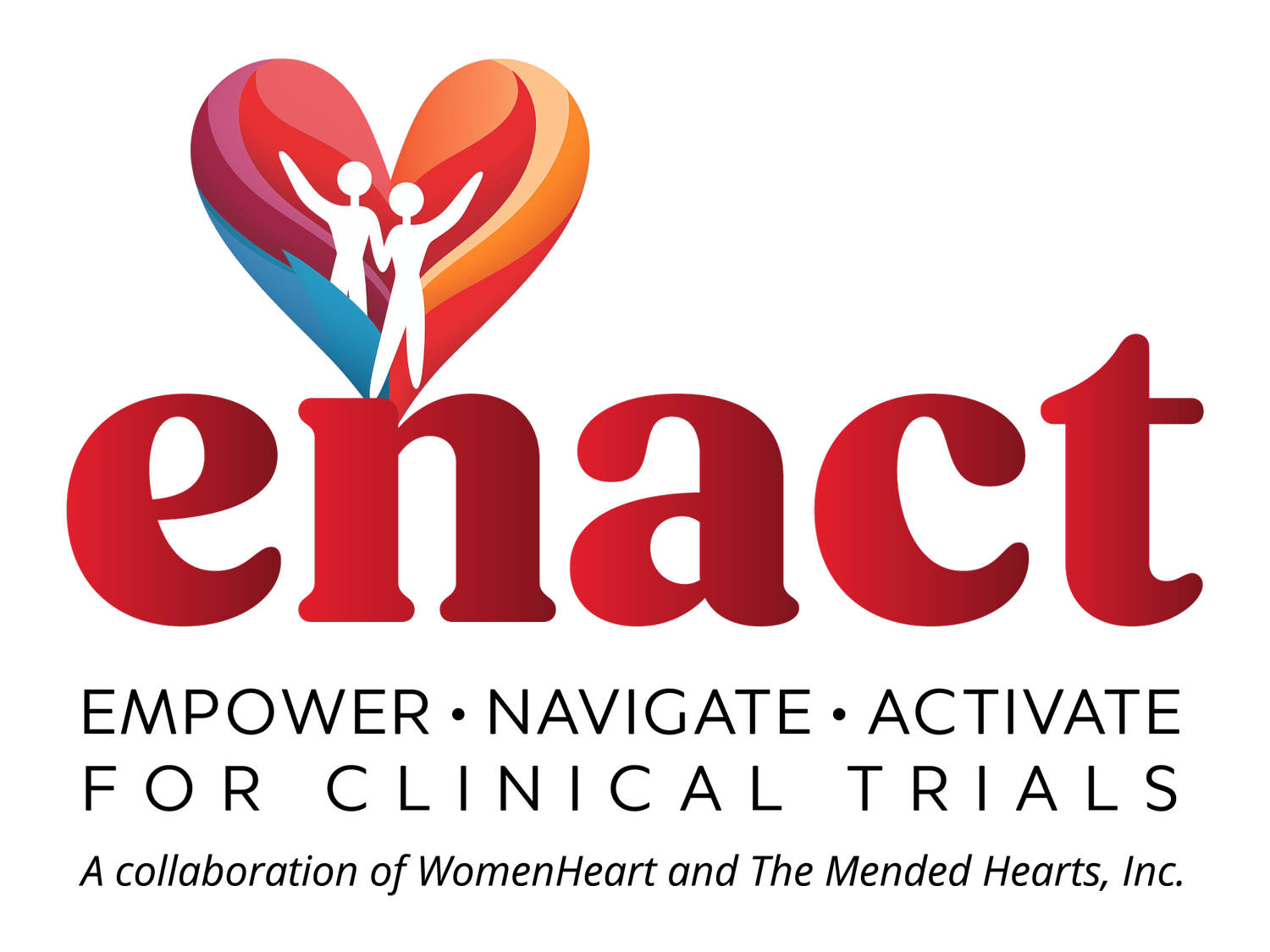What Happens at the End of a Clinical Trial
At the end of a clinical trial, participants should be informed, supported, and empowered with knowledge about what comes next. Here's what you should know and expect:
Trial Results: In many cases, you should receive information about the trial results and what will happen next. For randomized trials, you may also find out whether you were in the placebo group or the trial group. In some cases, the trial results will be published and shared.
Next Steps: Sometimes after a trial there are follow-up visits or monitoring. Ask your trial team about the next steps for you.
You may request supported in:
Returning to their primary care or specialist
Receiving a final health check or assessment
Getting a contact person for questions after the trial
Treatment: In some cases, you can continue to get the treatment you received in the trial. This is called “rollover.” If not, you should get information on what alternate treatment you will receive. In some cases, there is something called “compassionate use” or “expanded access” where you can continue to get the medication or therapy.
Feelings: You might feel a sense of loss at the end of a clinical trial. Sometimes you will also feel upset if the trial drug or therapy was not approved. Talk to your trial team about these feelings. There may be counseling available to you.
What is the drug was not approved?
It can be very upsetting when a drug is not approved. In most cases, you will no longer have access to the drug, but you will still receive the standard of care for your condition.
